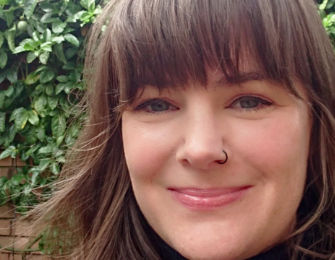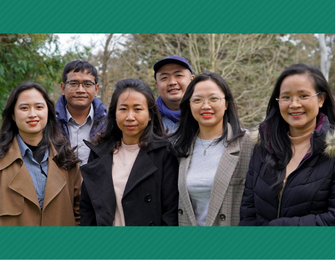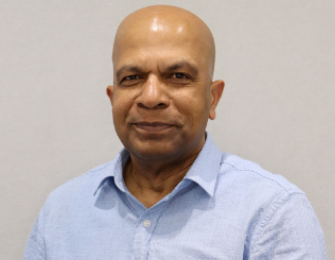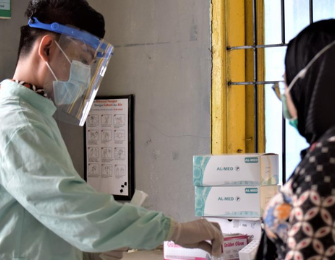
With a background in international development and experience working in China and Myanmar, Elenor Kerr wanted to be a part of the valuable contributions that field epidemiology can have towards responding to health emergencies in South-East Asia.
Elenor was selected as an ASEAN-Australia Health Security Fellow and commenced studies in the Master of Philosophy in Applied Epidemiology (MAE) in early 2019. She attended intensive training at the Australian National University in Canberra before starting her first field placement working on communicable diseases with Queensland Health where she worked on a national salmonella outbreak, inter-seasonal influenza and viral suppression in people newly diagnosed with HIV.
“It was the practical application of epidemiology that attracted me. The MAE has the strongest reputation for field epidemiology training around,” she said.
In January 2020, Elenor started her second placement at the Institut Pasteur in Cambodia, located in the capital city of Phnom Penh. The institute’s internationally accredited laboratory is known for its operational research and it works to better understand and manage many of Cambodia’s of health challenges.
Elenor was assigned to work on research for leptospirosis and malaria, two diseases that continue to have outbreaks in countries of South-East Asia region. One of the valuable aspects of the placement was working alongside another ASEAN-Australia Health Security Fellow, Srean Chhim.
Srean is a Cambodian public health researcher with years of experience managing communicable diseases, including HIV. In early 2020, as news of outbreaks of a novel coronavirus emerged from China and other parts of the world, Elenor and Srean were deployed to support the Cambodian Communicable Disease Control Department (CDC), within the Ministry of Health.
An early task assigned to Elenor and Srean was interviewing passengers and staff from the Westerdam cruise ship, which docked in the Cambodian port of Sihanoukville on 13 February. For Elenor it was “a couple of uncomfortable days spent in PPE (personal protective equipment)”.
Around 530 people were assessed by the CDC before making onward journeys on international airlines or returning work on the ship. Tests were processed in-country at the Institute’s laboratory and rall those assessed returned negative test results. This experience set the tone for the next phase of operations.
“There was great camaraderie built when we worked long hours alongside the staff of the CDC and National Institute of Public Health and that flowed through into the next phase of the response,” Elenor said.
As confirmed case numbers began to increase within Cambodia in early March, Elenor was moved into the team responsible for coordinating contract tracing. A key task was to help set-up a national database for contact tracing and information on new cases.
Building databases appropriate to COVID-19 has been a challenge for health systems around the world. “We needed to capture the information in one convenient place so we could analyse it and present it to our stakeholders….We needed contact tracing teams to input their own data. Plus enough flexibility for health care workers in other regions to use the system.”
Whilst Srean was busy in training contact tracing teams in the Khmer language, Elenor and Srean continued to work closely together. Elenor says during that period, the two fellows supported each other through the challenging work.
In mid-March, as outbreaks of COVID-19 increased and Australians abroad were asked to return home, Elenor flew to Melbourne to work on a new field placement with researchers at the Peter Doherty Institute for Infection and Immunity to model the spread and impacts of COVID-19 in the Indo-Pacific region.
The peer teaching model and arrangements for remote supervision built into the MAE means that Elenor, Srean and other students will continue to learn lessons from the field and share knowledge and experience.




